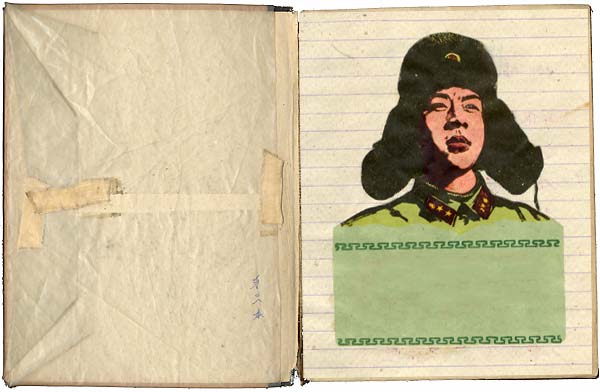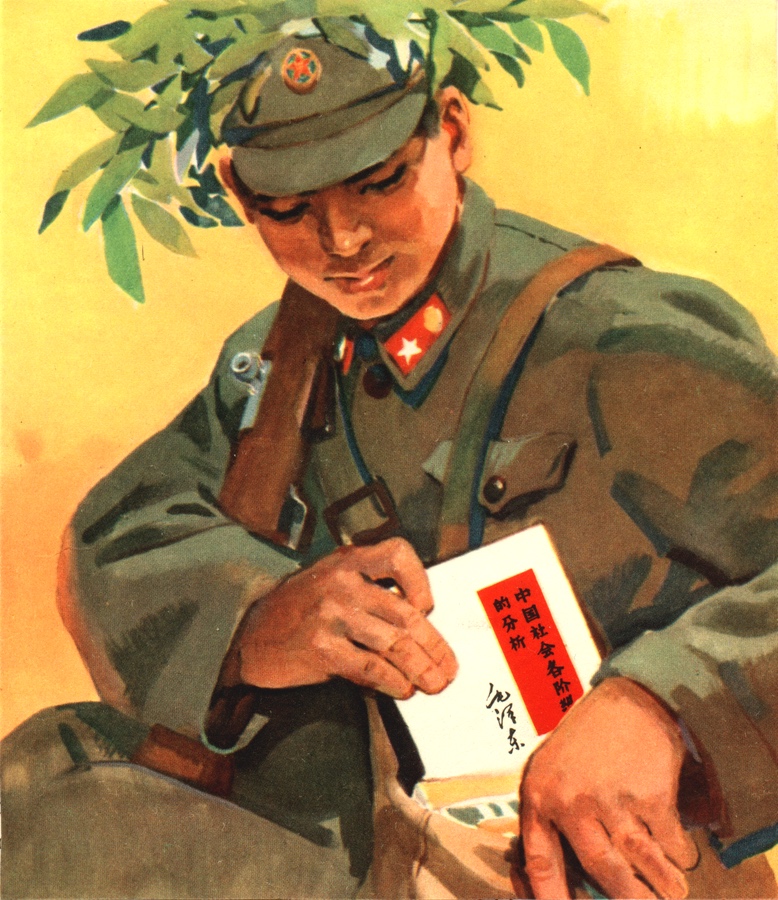

Diary writing [during the Cultural Revolution] epitomized the prevailing trend of self-criticism and was a favorite practice of revolutionary zealots. The revolutionary model Lei Feng, whose diary was published as a sacred text, may have given impetus to this fad. The diary was envisioned as a combat zone where night after night one tried to ferret out and defeat that portion of one's self that seemed to have gone astray from the party line. A famous passage in Lei Feng's diary states: "I eliminate my individualism as an autumn gale sweeps away fallen leaves. / And to the class enemy, I am cruel and ruthless like harsh winter." The cruelty toward oneself was only a degree less severe than that exhibited toward the class enemy. The self was no less an enemy hidden inside us. In writing diaries, one acted like a detective on high alert, turning one's gaze inward to scrutinize the dark recesses of the mind in search of a potential criminal and sinner. One scanned one's mind to spot the slightest selfish thought and hastened to combat and drive it out. This is captured in the slogan "Fight ruthlessly against the flash of the private self" (hen dou sizi yi shan nian).
Ban Wang, The Sublime Figure of History: Aesthetics and Politics in Twentieth-Century China
The following pages from a soldier's diary reveal the daily dilemmas of a young man trying to put Mao Zedong Thought into practice (note: pages are in Chinese only).
